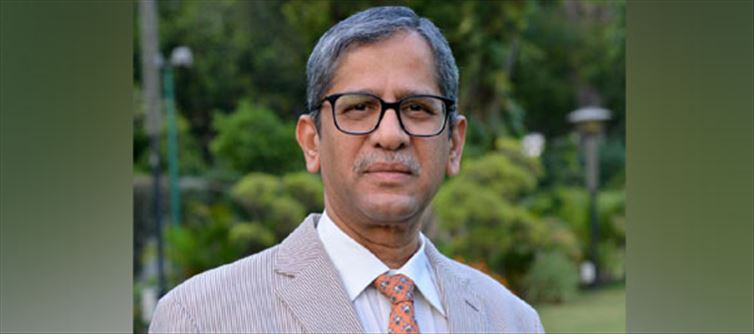
Similar to the courts of his predecessors, Ramana's court made no headway in these matters. The most crucial of these situations are as follows:
— Jammu and Kashmir's repeal of article 370 (pending for 1,115 days)
— a criticism of electoral bonds for their opacity and promotion of dubious political funding (1,816 days)
— the karnataka government's ban on Muslim pupils attending public schools wearing the hijab (159 days)
— a reservation policy of the Union government that is solely based on economic standards, not caste considerations (1,323 days)
— a challenge to the 1967 Unlawful Activities Prevention Act (UAPA), which has received much criticism for being a method of stifling dissent (1105 days)
— an objection to the citizenship amendment act of 2019, which only grants fast track citizenship to non-Muslims from three nearby nations (987 days)
The CJI has the authority to establish these benches, including constitution benches, choose which cases they will hear, and designate cases to particular benches in his or her capacity as "master of the roster." However, the CJI chose not to. ramana announced on august 22, 2022, that he had assembled a five-judge constitution bench to hear a case between the delhi government and the union government concerning control of administrative services in the nation's capital that had reached the supreme court in 2018. This was four days before ramana announced his retirement. There have not yet been any hearings.
— Jammu and Kashmir's repeal of article 370 (pending for 1,115 days)
— a criticism of electoral bonds for their opacity and promotion of dubious political funding (1,816 days)
— the karnataka government's ban on Muslim pupils attending public schools wearing the hijab (159 days)
— a reservation policy of the Union government that is solely based on economic standards, not caste considerations (1,323 days)
— a challenge to the 1967 Unlawful Activities Prevention Act (UAPA), which has received much criticism for being a method of stifling dissent (1105 days)
— an objection to the citizenship amendment act of 2019, which only grants fast track citizenship to non-Muslims from three nearby nations (987 days)
The CJI has the authority to establish these benches, including constitution benches, choose which cases they will hear, and designate cases to particular benches in his or her capacity as "master of the roster." However, the CJI chose not to. ramana announced on august 22, 2022, that he had assembled a five-judge constitution bench to hear a case between the delhi government and the union government concerning control of administrative services in the nation's capital that had reached the supreme court in 2018. This was four days before ramana announced his retirement. There have not yet been any hearings.




 click and follow Indiaherald WhatsApp channel
click and follow Indiaherald WhatsApp channel